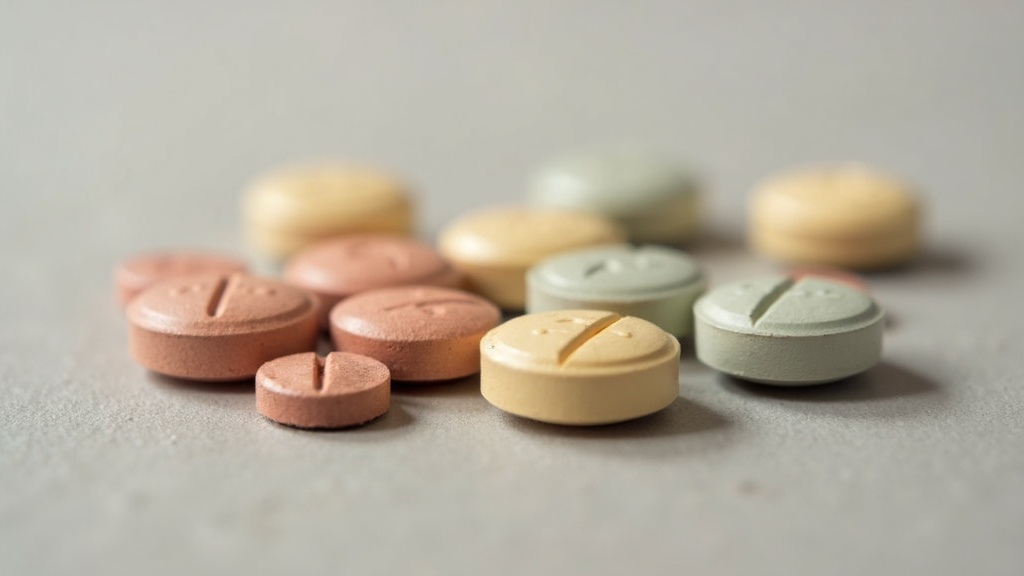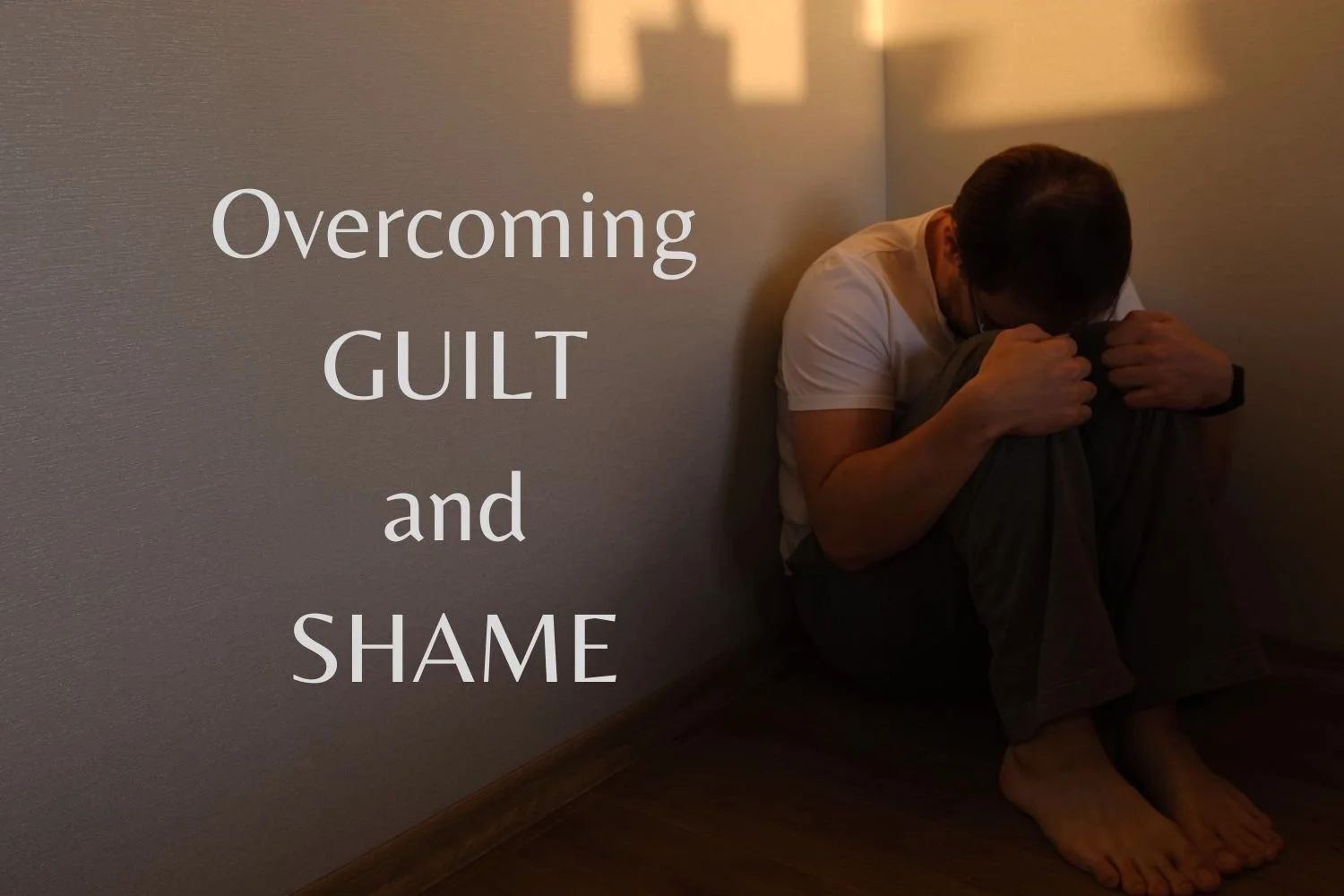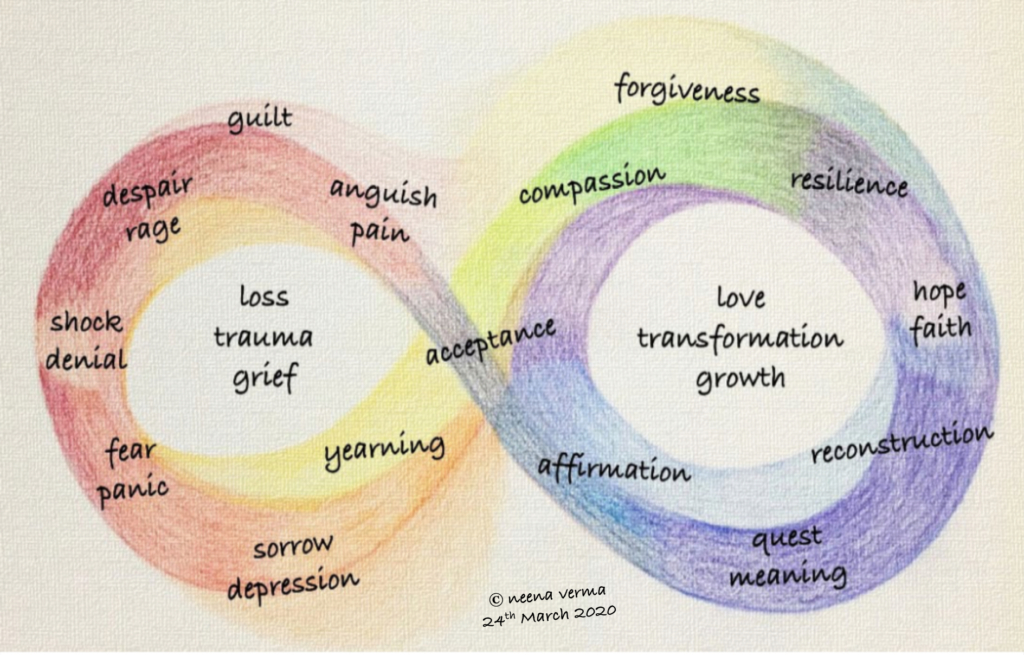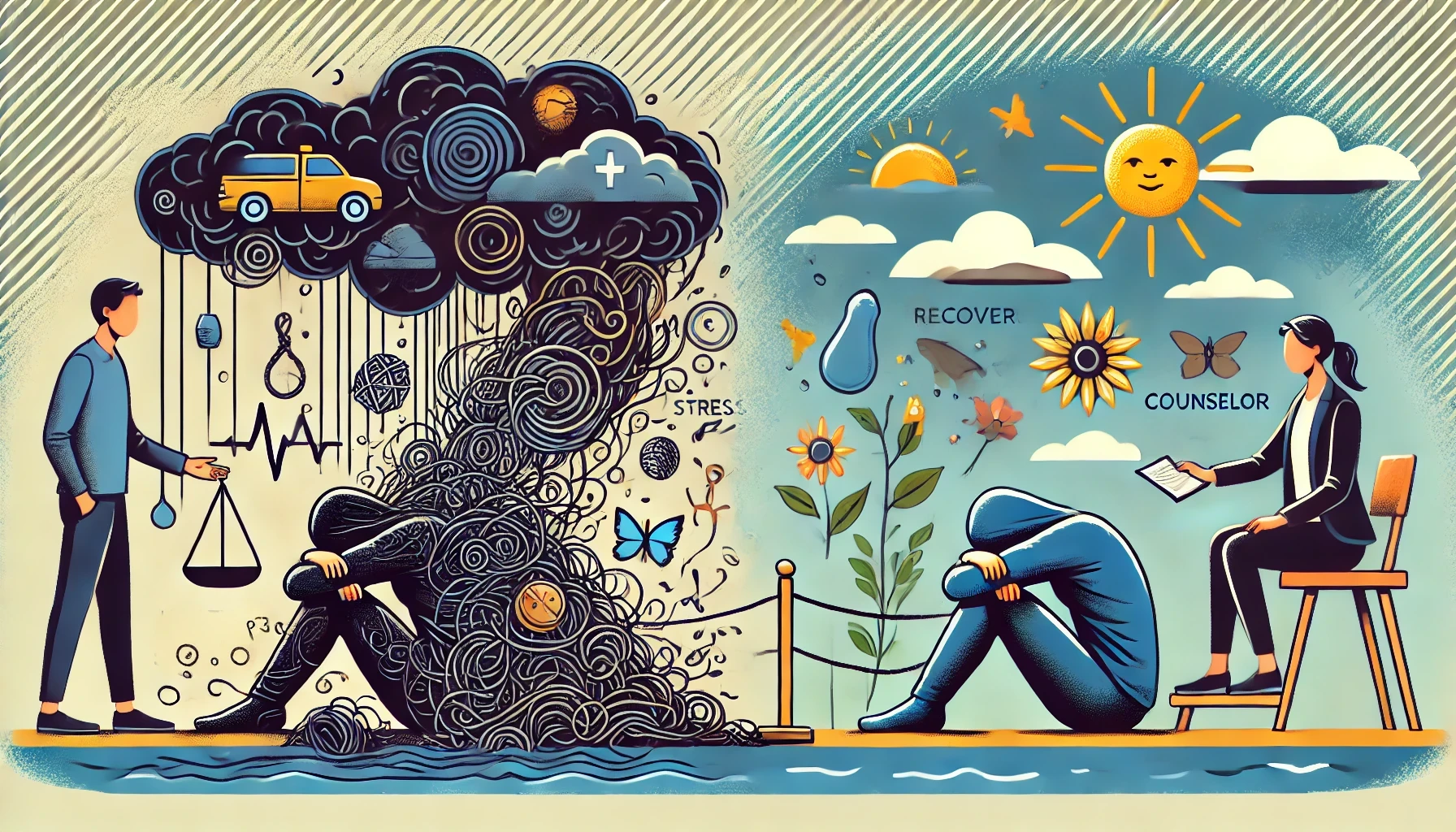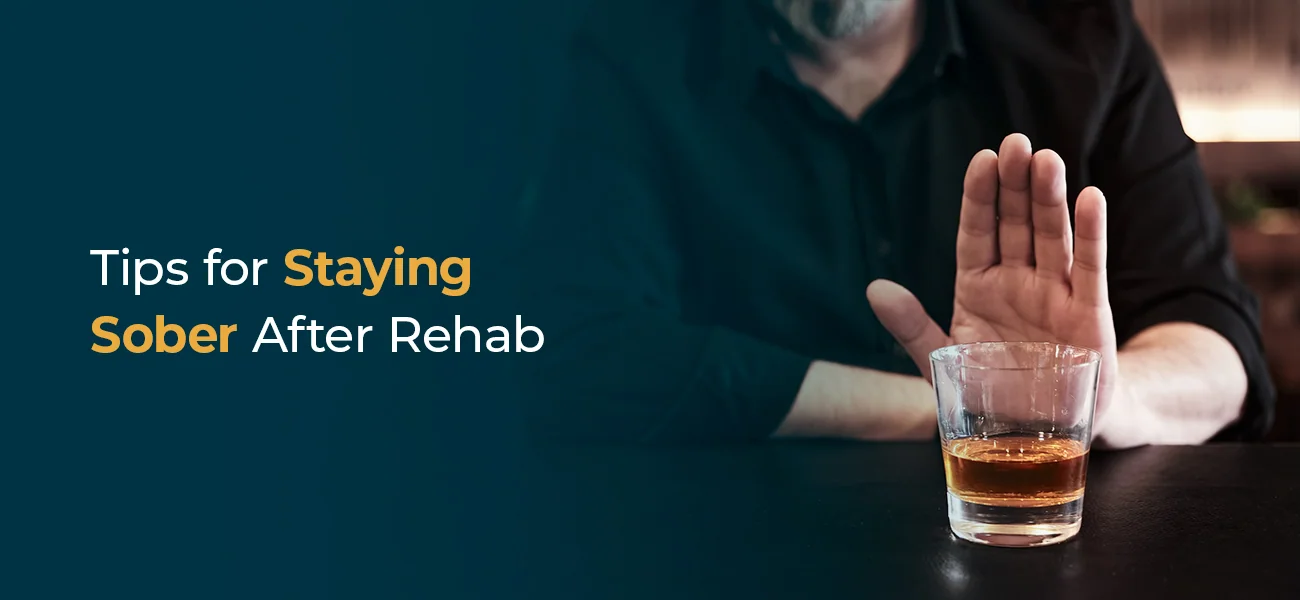Common Addictive Daily Stimulants
If you’re like most people, there’s probably something in your daily routine that gives you a little boost of energy or helps you focus. While these stimulants can be handy if you need a quick wake-up call or to get through a tough day at work, some actually have a track record of causing dependency. … Read more


